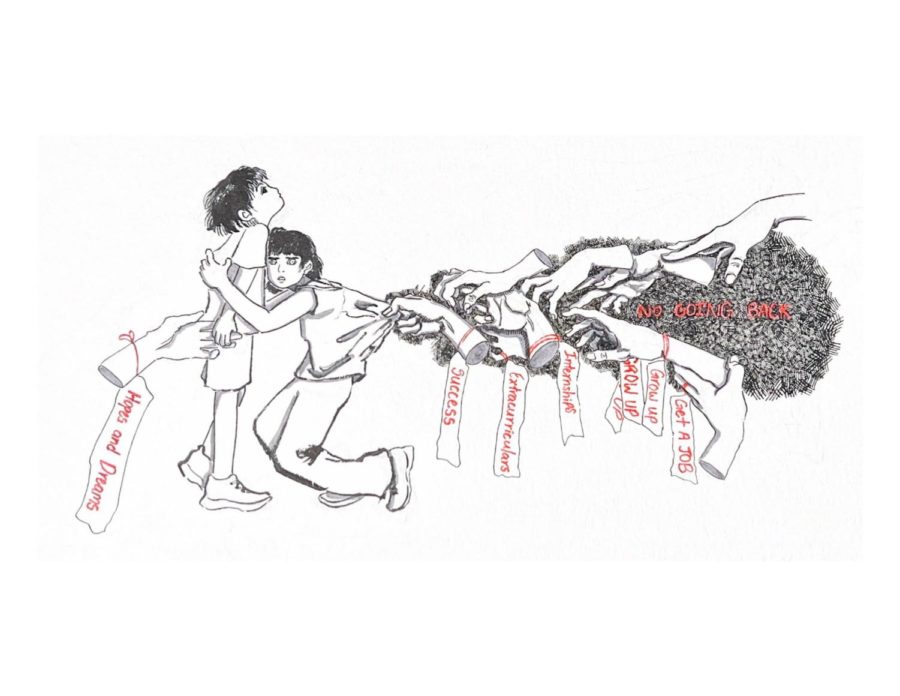A few weeks ago, Cathey Dining Commons replaced all of its normal plates, bowls, and cutlery with paper and plastic plates and utensils. What I imagine was just a small technical difficulty with the dishwasher or some other appliance ended up generating a lot of waste, which got my friend and I thinking about sustainability at UChicago.
According to the UChicago Dining Website, leftover food in dining halls is donated to the Pacific Garden Mission. Based in Chicago, this Christian mission is the oldest in the country and helps homeless men, women, and children find food, clothing, and housing. Furthermore, none of the used fryer oil goes to the landfill—instead, it is converted into biofuels. Not having trays cuts down on the dishes that have to go through the washer, and food scraps are put into an Eco Digester, which uses aerobic digestion technology to break down food and divert it from landfills. Unbeknownst to me until now, the week of February 5 is “Sustainable Dining Week,” during which the Phoenix Sustainability Initiative, The Office of Sustainability, and UChicago Dining will host several events to give students a more behind-the-scenes look into what goes on behind our meals.
I was impressed with UChicago’s Environmental Research and Sustainability website, which not only includes these facts, but also has detailed information on the locations of facilities where we can recycle appliances, fabric, furniture, and other uncommon materials.
This does not mean that we can’t keep improving. One of the most glaring problems I’ve noticed is the lack of recycling bins in our dining halls. There should be at least one recycling bin for every trash can in Baker, Bartlett, and Cathey. The Phoenix Sustainability Initiative has made recycling easier by putting up informational posters in cafes around campus, though I wonder if this or another RSO has explored the possibility of recycling in the dining halls as well. This decision would certainly have to come from administration, though it probably wouldn’t materialize without student support. While much of the food and waste generated in the dining hall can’t be recycled, students spend a significant amount of time in these spaces, making the introduction of recycling bins vital. Simply having a recycling bin next to each trash can will remind us all to think about where we put our waste, an important step to a greener campus.
Another issue I’ve noticed is that while we are each given a recycling bin for our room and our trash rooms are equipped with larger recycling receptacles, we aren’t using them in the way we should be. In fact, my house recycling bins are usually empty, while trash cans are overflowing.
To encourage us all to serve as better environmental stewards, we could try incentivizing university students to recycle. For example, we could start quarter-long house competitions with study break prizes for the house that can recycle the most with the most attention to detail. As of last September, Americans had only a 30% accuracy rate when it comes to sorting waste.
What’s most important, though, is keeping these issues at the forefront of our minds. To start, adding recycling bins to our dining halls can facilitate the beginning of a dialogue about how to proceed with green initiatives. If next week is “Sustainable Dining Week,” why haven’t there been posters in each dining hall? And if there are, why haven’t I seen them? Our student body is made up of activists, as exemplified just last week with the flurry of posters in opposition to the new proposed business major. Controversial issues like these surely deserve posters and publicity, but so does sustainability, which should always be a priority for our community.
Alexa Perlmutter is a first-year in the College.








